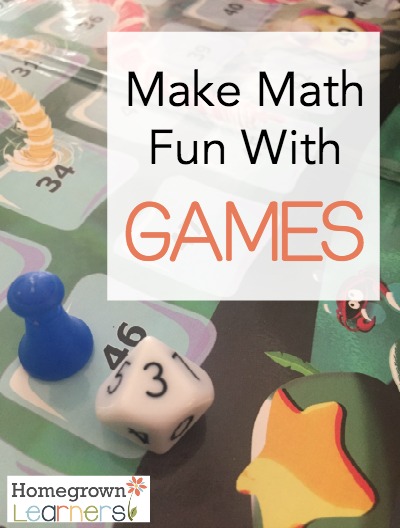Challenge A is such a WONDERFUL year in the life of a Classical Conversations student.
We have walked the Challenge A road once before with my oldest child. It was a GOOD year, but it was also year of great growth, struggle, change, and revelation.
After a couple of years in the Challenge program it became very clear that when my youngest was approaching Challenge A I would definitely prepare more for Latin in the year preceding Challenge A.
Yes, the memory work in Foundations is helpful. Yes, having a firm grasp of English Grammar (through the Essentials Program) is extremely beneficial. And yes, our students will repeat the Latin they learn in Challenge A again in Challenge B.
I firmly believe, however, we can set our rising Challenge A students up for success so the Latin doesn't flatten and discourage them.
About the Latin in Challenge A
The Latin text used in Challenge A is Henle Latin.
In my opinion, Henle isn't exciting. There are no bells and whistles - nothing that overly excites the student. It is simply HARD WORK and DILIGENCE.
This is a GOOD thing.
“Students start at the beginning of Henle First Year Latin. Class usually begins with a review of an English grammar concept, and then students discover how that concept is treated in Latin. Together, students and the tutor practice translating sentences that contain the day’s concept. There is an emphasis on memorization of vocabulary and word endings. Students gain skills for learning any language through this systematic approach.”
Many people feel Henle is superior because it has less vocabulary (a little more than 500 words) than the competing Latin texts, which allows students to learn the concepts of Latin without being bogged down with excessive memorization of vocabulary.
As students get older and begin to translate, this makes things easier for them.
(For a nice review of Henle, read this review at Homeschool Christian.)
Preparing for Latin in Challenge A
In this last year before Challenge A, we are doing a few things to prepare for the difficult Latin that is to come next year.
Know Your Memory Work
Having a firm grasp on the Latin memory work in Foundations is extremely helpful.
We plan to review all three cycles of memory work this summer in preparation for Challenge A.
Specifically, knowing the NOUN DECLENSIONS before beginning Challenge A is a good idea.
I love the Latin Noun Declension worksheets from Family Style Schooling. The lightbulb REALLY went off when my son started working on these sheets! (good stuff)
Everything to do with Latin at Family Style Schooling is extremely helpful - take some time to explore the resources there. One of my favorite articles is all about Latin nouns and what exactly a declension is.
Getting Started With Latin
During our Morning Time, we are using a FABULOUS book, Getting Started With Latin.
This book, which is a beginning Latin book for students of all ages, incorporates much of the Latin memory work from Foundations. It also begins to teach students the basics of learning Latin, and will prepare them for Henle Latin in Challenge A.
Having gone through Henle Latin with my oldest, I can see directly how using Getting Started With Latin benefits my son moving into Challenge A.
I love it when we sit around the table during morning time and Anna says, "Ooooh Grant, this is going to help you SO MUCH in Latin next year!"
Flash Cards
We are beginning to learn the Latin vocabulary in Henle Latin using flashcards from Antiquated Notions.
While I am 100% in favor of students making their own Latin flashcards for Challenge A, having them available to print and review easily has been extremely helpful.
Once in Challenge A I imagine we will be using Quizlet to make and review Latin flashcards. This proved to be very helpful for my oldest.
I hear so many people question the validity of learning Latin, the fast pace of the Latin in Challenge A, and the dryness of the Henle Latin text.
Yes, those are all valid concerns - and concerns I have had at one time. Now, however, they are no longer concerns.
Being in Challenge for nearly four years has taught our whole family that sometimes the best things are worth WORKING and WAITING FOR. It has taught us that patience, perseverance, and doing hard things is WORTH IT.
Here is what I DO KNOW about the study of Latin in Challenge:
- It leads to a tremendous understanding of English Grammar.
- Students gain a greater understanding of word origins.
- Studying Latin promotes great discipline and perseverance.
- Parsing a Latin sentence and taking the time to STRUGGLE through translations builds confidence - a confidence that transfers to many other academic areas.
- Sticking with something for many years (like the study of Latin) teaches our students that anything worth doing is worth doing well and over an extended period of time.
I wish you all the best in your study of Latin!









